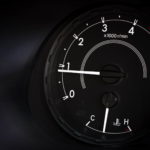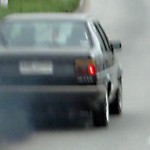Regular petrol’s switch to E10 from E5 may catch some motorists out. E5 contains 5% bioethanol while E10 contains 10% bioethanol, a renewable ethanol. During summer 2021, service stations are switching to E10, with E5 only being available as a…
- Advice
- News
- Highway Code
- UK Road Signs
- Essential theory pages
- Attitude and courteous driving
- Braking in heavy vehicles and passenger carrying vehicles
- Carrying Passengers
- Dealing with accidents and injuries on the road
- Drivers’ hours and rest periods, and keeping loads secure
- Environmental issues when driving
- Essential car and motorbike safety and maintenance
- Hazard perception on the road
- Loading and unloading your vehicle: guidelines and rules
- Motorway driving
- Road position: manoeuvring, changing lanes and turning
- Safety and your vehicle
- Signs and road markings
- Staying alert and safe while driving
- Vehicle condition: lorries and passenger carrying vehicles
- Vehicle documents: insurance, registration, MOT, licence and SORN
- Vehicle handling and hazard awareness
- Contact us






